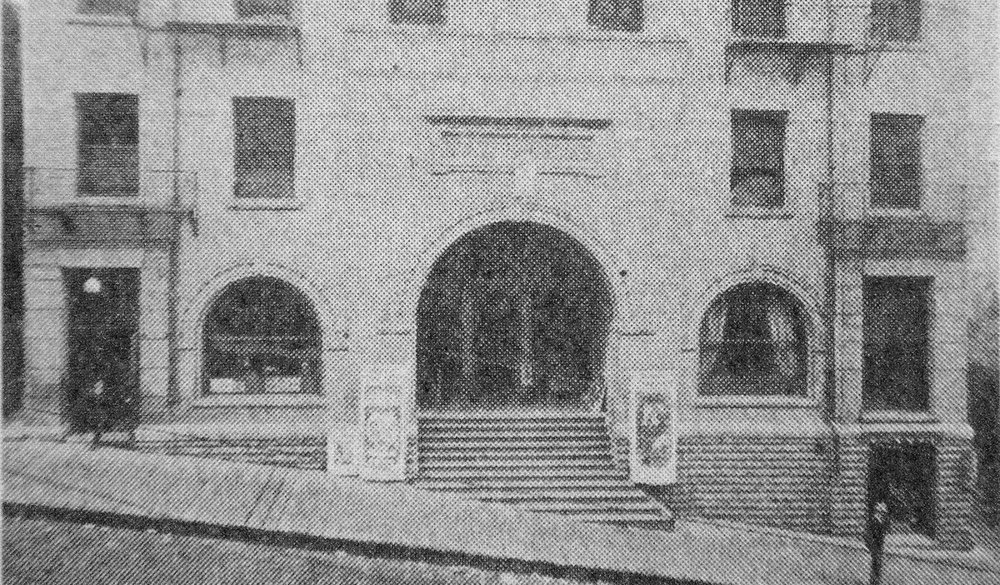The first live “entertainments” in Puget Sound were Native ceremonies. Later, Henry Yesler’s Pioneer Square cookhouse hosted lectures, musicals, and readings. Occasionally visitors would display a parlor talent or trick, and professional troupers toured small towns. Not to mention the lively entertainment from the pulpits of local churches.
Today, the Seattle area boasts dozens of legitimate theatres, street performers, nightclub acts, and comedy clubs. University of Washington drama professors Glenn Hughes and John Ashby Conway helped establish the UW as a theatre beacon. Performers such as Howard Duff, Ella Raines, Frances Farmer, and Dorothy Provine learned their trade in the Pacific Northwest, then moved into Hollywood’s glare.
If our region had a golden entertainment era, however, it was the early 1900s, or the Yukon Gold Rush days, when such stars as Lillian Russell, George M. Cohan, John Barrymore, Billie Burke, Mrs. Patrick Campbell, Sarah Bernhardt, and hundreds of lesser lights came to town for stages including John Cort’s Grand Opera House, the outlines of which can still be seen as a parking garage on Seattle’s Cherry Street between Second and Third Avenues. Cort himself managed performers up and down the vaudeville circuit, and he later became famous in New York and had a Broadway theatre named after him.
Local impresario John Considine got his start in Seattle, later running a nationwide theatre circuit called Sullivan-Considine. Perhaps the most famous theatre name, Alexander Pantages, started with several Alaska Gold Rush entertainment schemes (one of which was allegedly financed by his lover and partner, Klondike Kate) and later moved to Seattle’s Second Avenue with the Crystal Theatre.
Pantages, an uneducated Greek-born impresario, who exhibited streaks of crudeness alongside his brilliance, gave audiences what they wanted – anything they wanted. For example, his customers paid good money to see an 18-piece Russian boy band; Arizona Joe and his company of daredevil cowpunchers; 70 trained cockatoos (called Marzella’s Birds); and an endless stream of jugglers and trained dogs. Later, Pantages presented Al Jolson, Buster Keaton, and silent films. Pantages ultimately became one of the world’s great theatre magnates, dying in Los Angeles in 1936.
Discover more from Post Alley
Subscribe to get the latest posts sent to your email.
